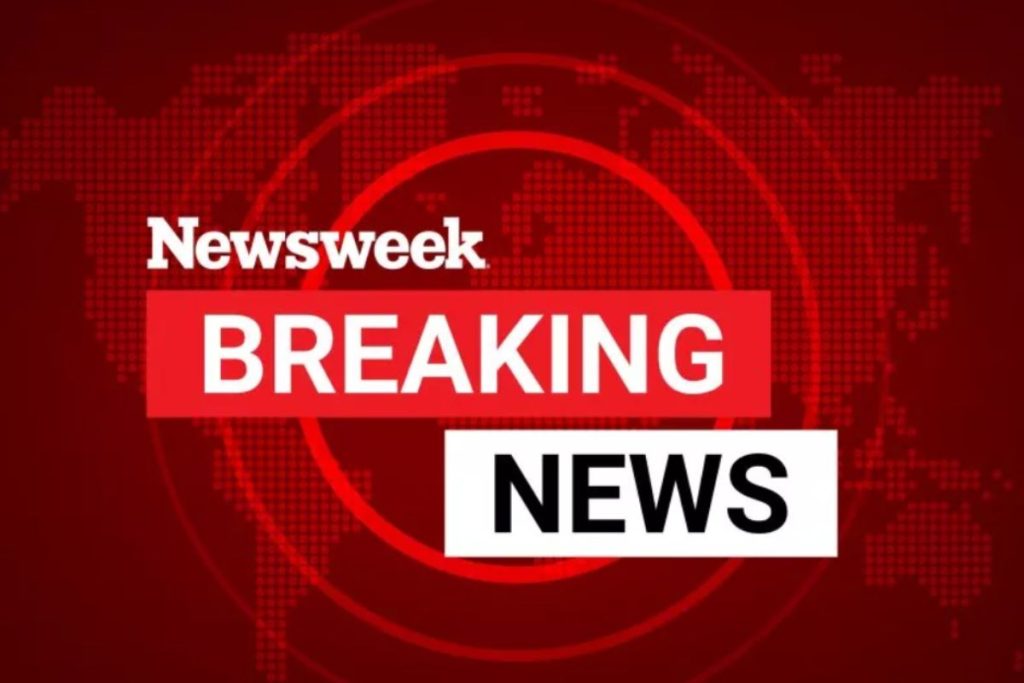The U.S. Embassy in Port Vila, Vanuatu, sustained significant damage following a powerful 7.3 magnitude earthquake that struck the island nation. The quake, which hit at 12:47 local time, originated at a depth of approximately 57.1 kilometers (35.5 miles) and unleashed considerable force, impacting buildings across the capital city, including the complex housing the U.S. Embassy and other Western diplomatic missions. The extent of the damage to the embassy was substantial enough to force its closure until further assessments and repairs can be conducted. Videos circulating on social media platforms depicted the red and blue embassy building visibly damaged, surrounded by debris, and clearly in no operational condition.
The earthquake’s impact extended beyond the U.S. Embassy, causing widespread damage in Port Vila. While the full extent of the destruction is still being assessed, early reports indicated significant structural damage to various buildings throughout the city. The earthquake’s force was palpable, shaking the capital and surrounding areas, causing alarm among residents and disrupting daily life. The immediate aftermath saw emergency services mobilized and rescue efforts underway to assess the damage and provide assistance to those affected.
Beyond the structural damage, the earthquake tragically claimed at least one life, according to information gathered by relief agencies and reported by CNN. This loss of life underscores the devastating potential of such natural disasters and highlights the vulnerability of island nations like Vanuatu to seismic activity. The focus now shifts to providing support to the victims, assessing the full scope of the damage, and implementing recovery efforts.
The U.S. Embassy in Port Moresby, Papua New Guinea, confirmed the damage to the Vanuatu embassy and its subsequent closure. In a statement to CNN, a spokesperson expressed concern for all those affected by the earthquake and pledged the U.S. government’s commitment to working closely with its partners in Vanuatu during the recovery process. This assurance of support is crucial for Vanuatu, as it faces the daunting task of rebuilding and recovering from this natural disaster.
This earthquake is another stark reminder of the ever-present threat of seismic activity in the Pacific Ring of Fire, a region known for its high concentration of volcanoes and frequent earthquakes. Vanuatu, situated within this volatile zone, is particularly vulnerable to such events. The nation has experienced numerous earthquakes in its history, and this latest incident emphasizes the importance of preparedness and resilience in the face of natural disasters.
The immediate priority is to assess the extent of the damage, provide aid and assistance to those impacted, and begin the process of rebuilding. International cooperation and support will be crucial in helping Vanuatu recover and regain stability. The U.S. government’s commitment to working with Vanuatu is a welcome sign of the international community’s willingness to lend its resources and expertise to this recovery effort. As Vanuatu moves forward, the focus will be on rebuilding infrastructure, restoring essential services, and helping its people recover from this devastating event.


